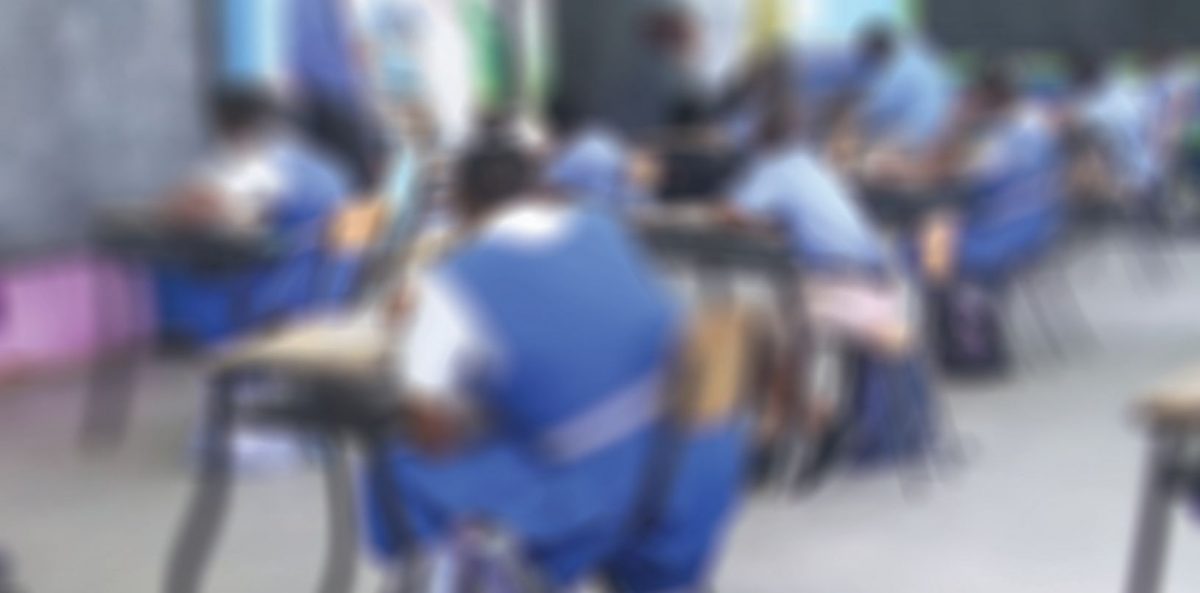(Trinidad Guardian) Approximately 2,000 school students appear to have dropped out of the education system since T&T’s COVID-19 pandemic battle began in March 2020.
Education Minister Dr Nyan Gadsby-Dolly said the group comprised both primary and secondary school students.
She said figures from the School Supervision Division for primary and secondary school students, whom they have not been able to make contact with, stood at around 2,000.
Of this number, she said people may have already existed on the school register before, while others may be new.
There are approximately 225,000 students enrolled in primary and secondary schools across T&T.
In an effort to curtail this growing trend, Gadsby-Dolly said the Ministry of Education (MOE) is now relying on the community police to help track down the parents of the children who have stopped attending classes.
She said she has spoken to the Police Service, Ministry of Social Development and the Student Support Services Division (SSSD) on this matter before.
“In the circumstances, the SSSD officers may find it difficult to conduct home visits but we do need to locate the students who are not appearing online or collecting packages, so we have developed a protocol and now refining it where we can have the formal intervention of the community police but not to lock up parents,” she told Guardian Media in an online interview.
Contacted on the student drop-out statistics last evening, the T&T Unified Teachers Association (TTUTA) said they could not verify the claims.
National Council of the Parent-Teacher Association (NCPTA) PRO Shamila Raheem had previously described it as a “very real problem” which existed even before COVID.
Claiming it had become more prevalent now as families continue to encounter economic fall-out, she said, “More help and assistance from the State for these families can go a long way to help getting some of these students back in school. Some of them have left to help bring in money to care for their families so they are not online, while some others have no supervision to ensure they stay online as single parents go to work.”
Commending the SSSD for helping students to navigate this traumatic period, even in the face of being understaffed, the Gadsby-Dolly said efforts have been made to bring on short term workers, as the demand for their particular range of services is growing.
She acknowledged this system had made it easier for students to fall behind, as she claimed various issues were now occurring since the pandemic forced the move to online learning.
Questioned about teacher absenteeism, Gadsby-Dolly said based on weekly quantitative reports compiled by the district school supervisors, more than 90 per cent of teachers are out generally and working in different ways.
Providing an update on the laptop distribution programme, the minister said 22,000 devices were donated via the Adopt-A-School initiative, while 20,000 more were on government order from the US and should arrive in the country by mid-June.
Meanwhile, an assessment of the 22,000 applications that were received from people via the means test is currently underway.
Adding that the laptop distribution was only one part of the transformation process, she said other critical areas included the introduction and use of E-books, the development and upgrade of the School Learning Management System and the online management of information such as record keeping.




